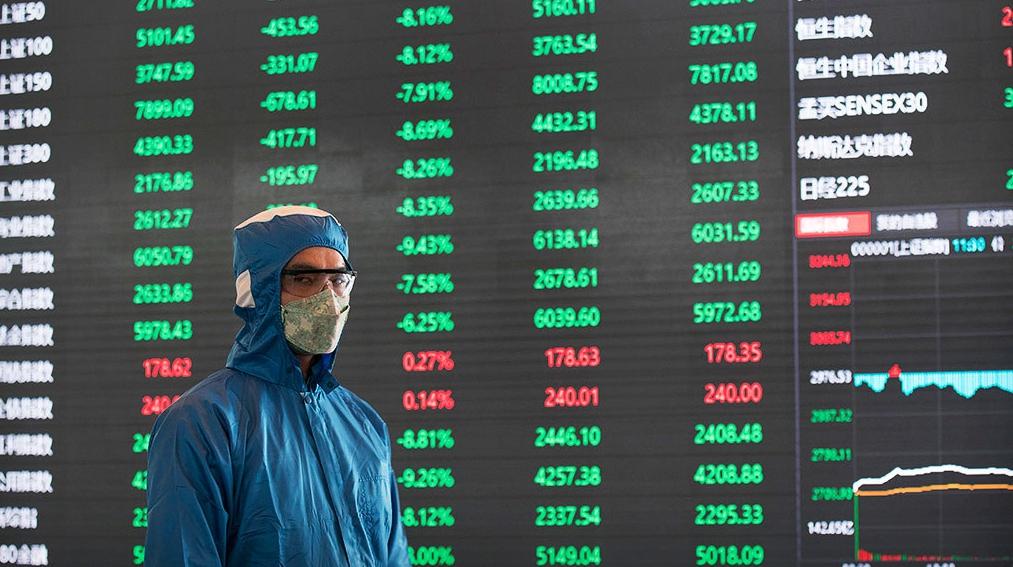Asian market falls due to surge of COVID-19 in China
Asian stocks fell for a fourth straight session on Thursday as investors fear a potential shock from U.S. inflation data and rising COVID-19 cases in China sparked fears of renewed restrictions
China’s blue-chip Shanghai Shenzhen CSI 300 fell 0.7%, while the Shanghai Composite fell 0.2%. Concerns about new COVID-19-related restrictions resurfaced this week after Shanghai’s infection rate hit a 3-month high.
City officials have already closed schools and outdoor venues in China’s financial capital, raising fears of more severe restrictions.
These events take place on the eve of the 20th National Congress of the Communist Party of China on Sunday, which is expected to set the policy for the next 5 years. The market will be watching for any changes to Beijing’s strict “zero tolerance for COVID-19” policy, which has undermined economic growth this year.
Hong Kong’s Hang Seng and Taiwan’s index were underperformers in Asia, shedding 1.2% and 1.5%, respectively, as investors fear another disruption due to new US restrictions on semiconductor exports to China.
Shares of Taiwan Semiconductor Manufacturing Co (TW:2330), the world’s largest chip maker, are down nearly 10% this week, with the move likely to hurt its market in China. Other tech stocks — including Hong Kong trio BAT Baidu Inc (HK:9888), Alibaba (NYSE:BABA) (HK:9988) and Tencent (HK:0700) — fell 0.9% to 2.4%, losing a fourth consecutive session this week.
The rest of Asian stocks retreated, with Japan’s Nikkei 225 and India’s Nifty 50 down about 0.5%. Inflation figures in both countries this week showed that their economies will have to deal with rising prices for a long time to come.
Attention is now turning to US inflation (CPI) data due a little later today. The data is expected to show that US inflation remained close to a 40-year high in September, giving the Federal Reserve additional incentive to further raise interest rates and lower inflation.
The minutes of the September meeting of the Fed also showed that the bank does not intend to soften its position and intends to keep the interest rate at a high level in the long term.
The rise in interest rates this year has hit the Asian market, reducing liquidity and making risky assets less attractive. The Fed’s rate-tightening measures were mirrored by most regional central banks.
Market sentiment also remains subdued as the market fears a potential debt crisis in the UK ahead of Friday, when the Bank of England is due to end its monetary support for the bond market.




